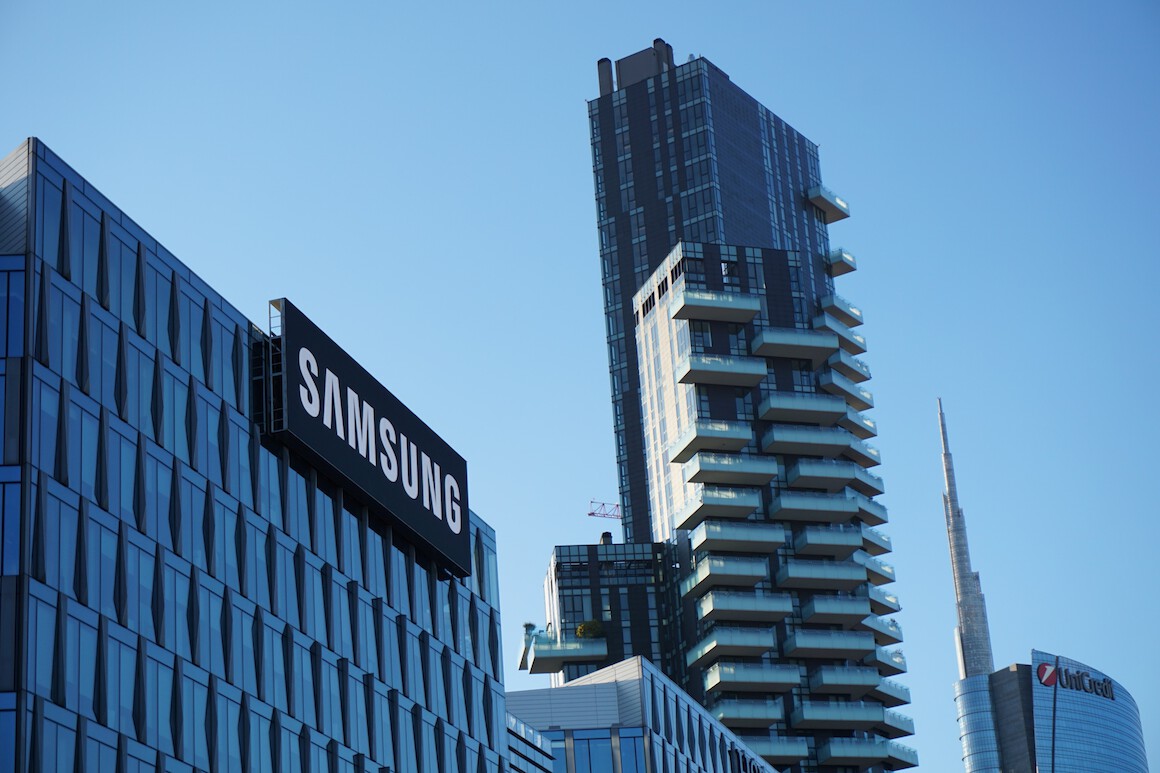After more than seven years of investigation, the French Competition Authority closes the case concerning vertical practices between Samsung and its authorized distributors in Decision n°21-D-30 of 28 October 2021.
A procedure initiated by a former distributor
In 2014, the company Concurrence, specialized in the sale of television sets to private individuals at discount prices, denounced seven practices of Samsung on the television sets market, considered as anti-competitive, before the French Competition Authority. Concurrence claimed to be a victim of exclusionary behaviour by Samsung and its authorized distributors.
After several procedural steps, the French Competition Authority had chosen to pursue the investigation of only four of the practices denounced by Concurrence relating to the Elite products range subject to selective distribution.
These four practices are the subject of Decision n° 21-D-30.
The impugned practices
More specifically, were involved two clauses of the Elite selective distribution contract which are listed below and had been also denounced by Concurrence to the European Commission:
- The clause imposing the compulsory demonstration of the product at home for any customer buying on the Internet;
- The clause extending the legal withdrawal period to thirty days for online sales (which was seven days in France, before Law n° 2014-344 of 17 March 2014).
Two additional clauses were submitted to the sole analysis of the French Competition Authority:
- The clause providing for the provision of an installation service, for physical sales, within a reasonable distance from the physical point of sale from which the authorized distributor distributes the Elite range.
- The clause prohibiting the sale of Elite range on marketplaces such as Amazon or Ebay.
Commentary
This decision is an example of the mechanism implemented by Article L.462-8 of the French Commercial Code. This mechanism, linked to Regulation 1/2003, allows the French Competition Authority to reject the referral when the European Commission has already dealt with the same facts.
For the two clauses complained by Concurrence to these two competition authorities, the Commission, by ruling first, dispensed the French Competition Authority from examining the two controversial practices. For this reason, the French Competition Authority rejects Concurrence's claims on these two clauses.
Another important contribution of Decision 21-D-30 is the validation of the use of selective distribution for the Elite products range. The Elite products are positioned in a high-end segment with advanced technological properties. The high quality and technical nature of Samsung’s products justify the implementation of a selective distribution network. Furthermore, Samsung’s authorized distributors are selected on the basis of uniform criteria applied in a non-discriminatory manner which makes the network legal.
As regards the clause providing for the provision of an installation service, the French Competition Authority considers that, given the complexity of this type of products, a particular installation is required to access all of their functions. Consequently, such a clause is justified and proportionate to the objectives pursued.
As concerns the clause prohibiting the sale of Elite range on marketplaces, the French Competition Authority considers this clause to be lawful on the grounds that it is appropriate and does not go beyond what is necessary regarding the characteristics of the products. For the Authority, Samsung must be able to verify whether the qualitative criteria it has set are respected by its authorized distributors and to prevent infringement. With marketplaces, this type of control is impossible. Decision n°21-D-30 thus follows the same analysis as in the CJEU’s judgement in the Coty case (Coty Germany GmbH v. Parfümerie Akzente GmbH, Case C‑230/16).
Finally, the French Competition Authority notes that Samsung is not in a dominant position on the television sets market and therefore rules out any abusive practice in this respect.





Sign in to post comments